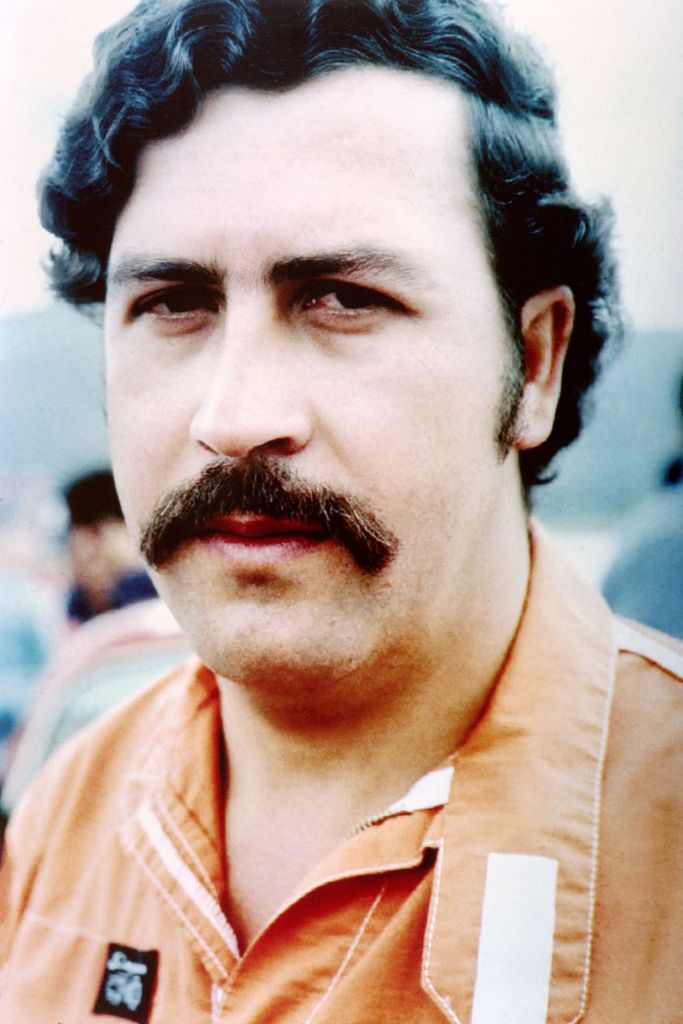Colombia spending $3.5M to transfer Pablo Escobar’s ‘cocaine hippos’
The Colombian government is poised to spend $3.5 million to transfer about half of Pablo Escobar’s invasive “cocaine hippos” out of their country.
Colombian officials said they are dealing with about 150 hippos, all descendants of one male and three females the late drug lord smuggled into the country in the 1980s.
With no natural predators, the oversexed, three-ton herbivores have spread beyond Escobar’s 7,000-acre Hacienda Napoles property, nestled between Medellin and Bogota along the Magdalena River.
Authorities have now set up plans to capture 70 of the hippopotamuses, sending 10 off to the Ostok Sanctuary in Mexico, and the other 60 to the Greens Zoological Rescue & Rehabilitation Kingdom in Gujarat, India.
“The whole operation should cost around $3.5 million,” Ernesto Zazueta, owner of the Ostok Sanctuary said in a statement.
Anibel Gaviria, the governor of the Colombian region where the hippos reside, said the plan is to use bait to lure the animals into pens, where they will be confined in special crates.
The animals would be flown from the Rionegro airport to Mexico and India, where the sanctuaries and zoos would be capable of caring for them.
Despite the whopping cost to transfer them, government officials said they wanted to send the hippos out in a humane way rather than killing them after a cull was called for last year.
The hippos were officially declared an invasive species in 2022 after Colombia’s environment ministry warned that the animals that their large amount of urine and feces could pollute rivers and threaten the country’s native manatees and capybaras.
The hippos are also known to occasionally walk into towns and clog up traffic, according to local reports.

In 2021, the Colombian government began sterilizing the horny, horny hippos in a bid to keep their numbers down, but those animals that were not treated with chemicals to make them infertile continued producing calves at an alarming rate.
The hippopotamus has a gestation period of eight months and they give birth to one calf every two years, according to the National Geographic.
As Colombia works to keep down the hippo population, other countries, including Ecuador, the Philippines and Botswana, have also expressed interest in taking in the nuisance hippos.
Read the full article Here


